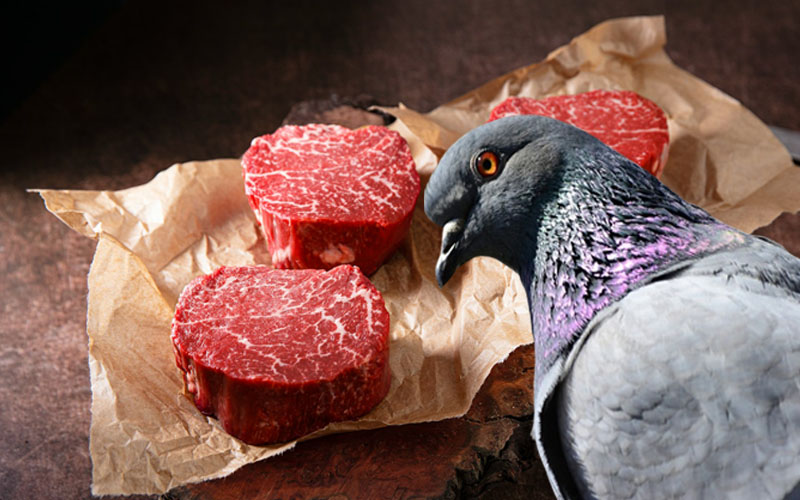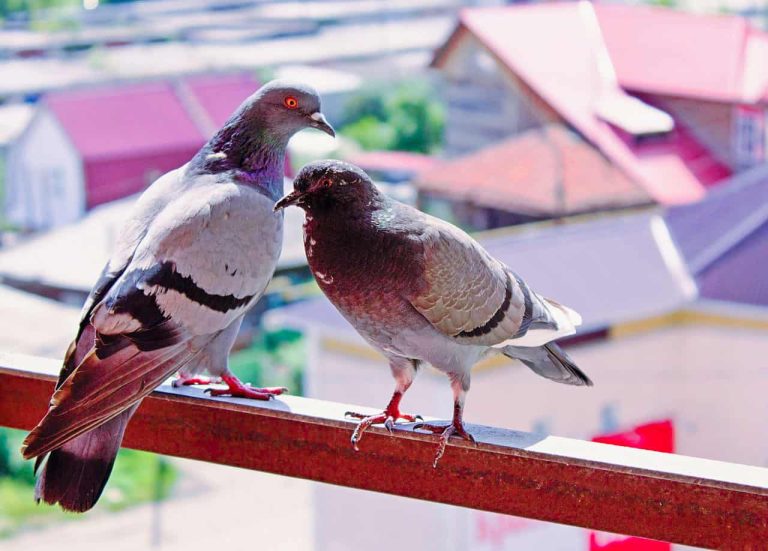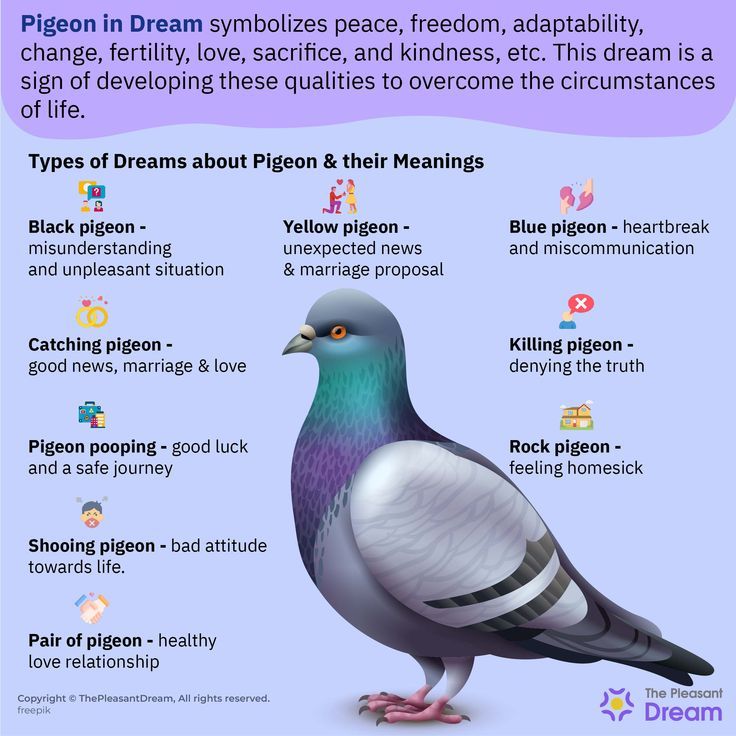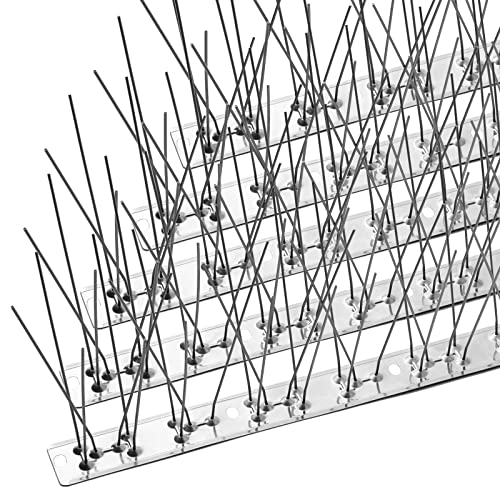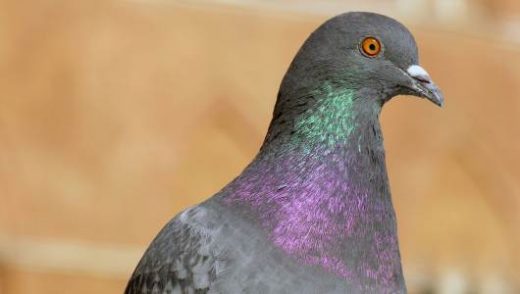Do Pigeons Eat Meat? – The Role of Meat in Pigeon Nutrition!
Pigeons do eat meat. They are not strict vegetarians and can consume a variety of foods, including insects, small invertebrates, and even small bits of meat. Whole grains are a significant part of their diet, pigeons are opportunistic feeders and can adapt to different food sources based on availability.
A basic table outlining the nutritional profile of various types of meat per 100 grams:
| Meat Type | Calories (kcal) | Protein (g) | Fat (g) |
|---|---|---|---|
| Chicken | 165 | 31 | 3.6 |
| Beef (lean) | 250 | 26 | 17 |
| Pork | 242 | 26 | 16 |
| Lamb | 258 | 25 | 17 |
| Turkey | 189 | 29 | 8 |
| Fish (Salmon) | 208 | 20 | 13 |
When Pigeons Do Eat Meat?
Pigeons typically feast on seeds, grains, and vegetation. However, when hungry or opportunistically, these birds might nibble on small bits of meat. Their diet is diverse, and in urban settings, pigeons may scavenge for human food scraps containing meat. While meat isn’t their primary choice, pigeons demonstrate adaptability by occasionally incorporating it into their meals, showcasing their ability to survive in various environments.
Should Pet Pigeons Be Fed Meat?
Pet pigeons are typically herbivores and their natural diet consists mainly of grains, seeds, and small insects. In general, it’s not necessary to feed pet pigeons meat, as they can thrive on a well-balanced vegetarian diet. However, there are some important considerations to keep in mind:
- Natural Diet: Pigeons are granivores, meaning they primarily eat grains and seeds. Providing them with a diet that mimics their natural food sources is essential for their health.
- Supplementation: While meat is not a necessary component of a pigeon’s diet, they may benefit from additional protein sources. Insects or mealworms can be offered as occasional treats to provide extra protein, especially during breeding or molting seasons.
- Commercial Pigeon Feed: High-quality commercial pigeon feed is formulated to meet their nutritional needs. These feeds often contain a balanced mix of grains, seeds, vitamins, and minerals essential for their well-being.
- Consulting a Veterinarian: If you are unsure about your pet pigeon’s dietary needs, it’s advisable to consult with a veterinarian who has experience with avian species. They can provide guidance based on the specific health and nutritional requirements of your pigeon.
- Hydration: Pigeons also need access to clean water at all times to stay properly hydrated.
Can Pigeons Eat Meat?
Pigeons are omnivores and can eat meat. While they primarily feed on seeds and grains, they also consume small insects, worms, and occasionally small bits of meat. It’s important to note that any meat provided to pigeons should be cooked and free from any seasonings or additives.
Do Pigeons Eat Chicken Meat?
Pigeons can eat chicken meat. Pigeons are omnivores with a varied diet including seeds, grains, fruits, and even small insects or animal matter. While they primarily feed on plant-based food, they may opportunistically consume meat if it’s available. In urban environments, pigeons might scavenge for food scraps, including bits of chicken or other meat.
FAQ
Pigeons eat meat in the winter. During colder months, they supplement their diet with insects, worms, and small invertebrates. While seeds are their primary food source, adding protein-rich meat helps them meet their nutritional needs in the winter when other food options may be scarce.
Pigeons are not vegetarians. They eat a varied diet that includes grains, seeds, and small insects. Pigeons are omnivores, meaning they consume both plant and animal matter. Their diet reflects their adaptability to urban environments, where they scavenge for food. So, in short, pigeons are not strict vegetarians.
Pigeons are primarily herbivores. They mainly eat seeds, grains, and fruits, making up most of their diet. Occasionally, they might consume small insects, but their diet is predominantly plant-based. In simple terms, pigeons are plant eaters, focusing on seeds and fruits for their meals.
Pigeon meat is a nutritious option with benefits. It’s a lean protein source, aiding muscle development and repair. Packed with essential vitamins and minerals, it supports overall health. Its mild flavor makes it versatile for various dishes, offering a tasty alternative to other meats.

